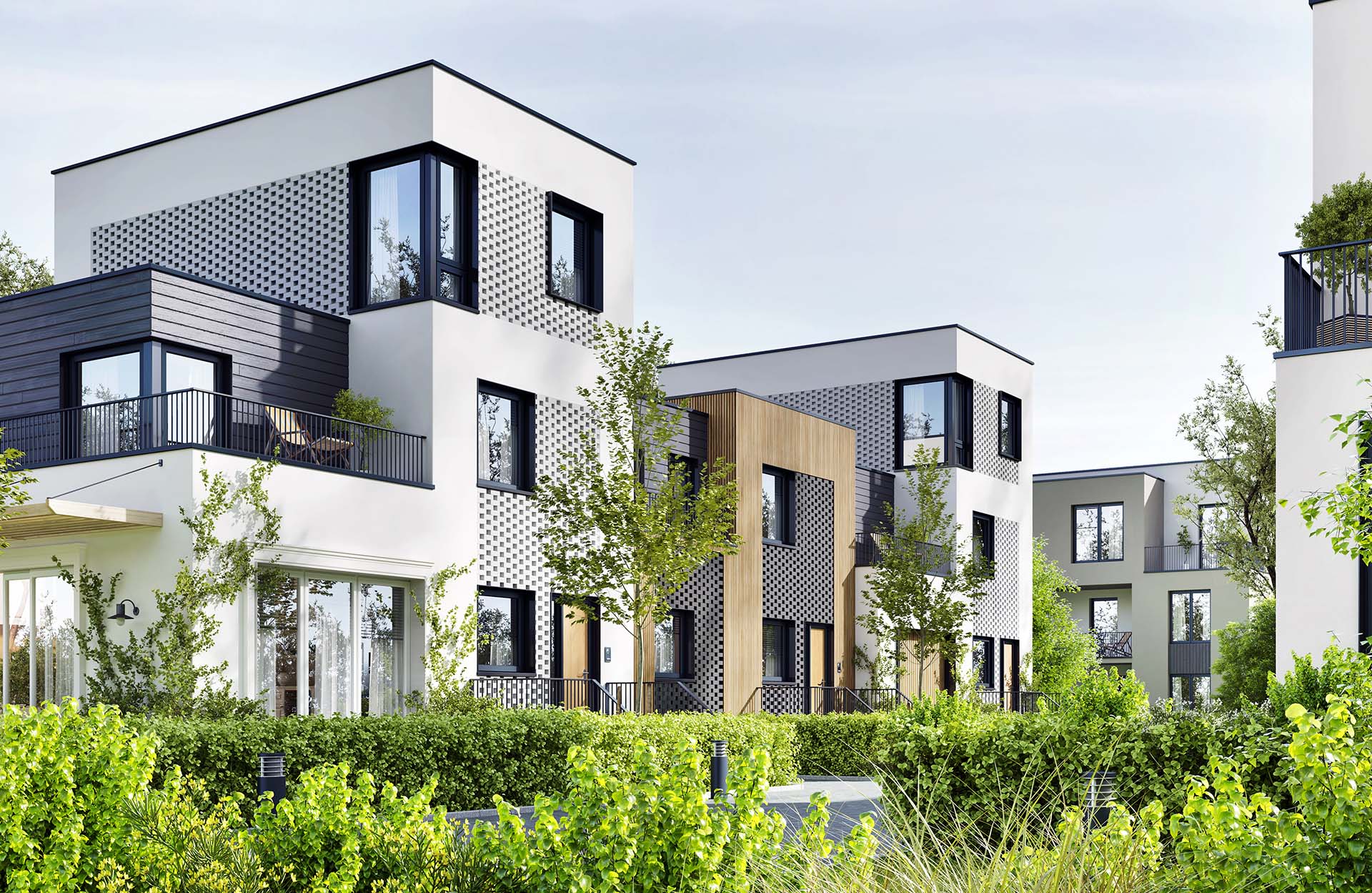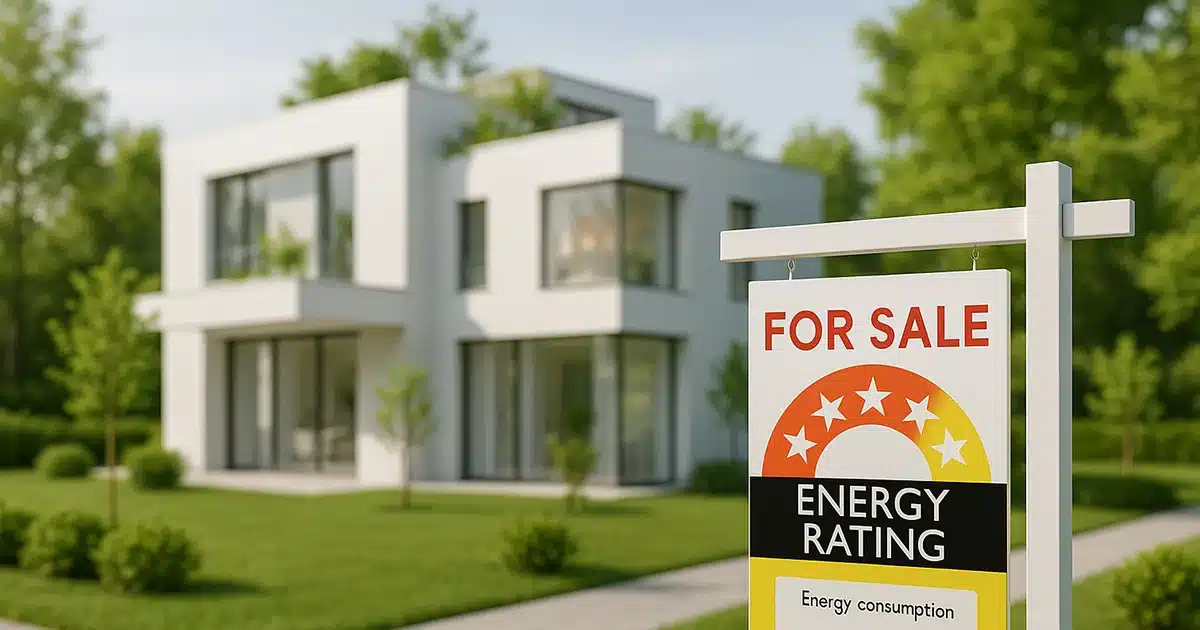The world is moving toward net-zero greenhouse gas emissions by 2050. Australia is looking ahead to becoming a renewable energy leader. Those aspirations are totally feasible, but they cannot happen without the success of incremental initiatives like BASIX.
What is BASIX?
BASIX is the Building Sustainability Index, a program that aims to reduce the environmental impact of residential dwellings in NSW. It’s like a report card for houses that grades water use, energy efficiency, and how well the house can stay warm in winter and cool in summer.
BASIX is required for all new residential dwellings, and alterations or additions costing at least $50,000 or swimming pools of 40,000 litres upwards. They have to meet the minimum standards set by the index. These standards are ultimately about making sure the house uses water and energy efficiently and has good thermal performance – meaning it can stay at a comfortable temperature without using too much energy.
Why is BASIX Important?
BASIX is very important to builders and homeowners because it helps them design and construct more sustainable homes that are comfortable, affordable, and environmentally friendly.
Furthermore, complying with BASIX can bring about:
- Lower energy and water bills
- Better indoor comfort
- Improved air quality
- Increased property value
- Reduced environmental footprint
What is a BASIX Certificate?
A BASIX certificate shows that a proposed building or renovation meets the minimum standards of environmental sustainability NSW. Having a BASIX certificate helps with compliance for residential projects.
A BASIX certificate can be obtained online through the BASIX website. Details of a project can be uploaded there, and a report generated, outlining the required commitments and scores for energy, water, and thermal comfort. The certificate must be submitted along with the development application or complying development certificate to the relevant authority for approval.
A BASIX certificate is valid for three months from the date of issue.
What are the BASIX Requirements?
BASIX covers three main areas: water efficiency, thermal comfort, and energy efficiency.
The water reduction target under BASIX is 40% to 0%, depending on the climatic zone, based on a consumption benchmark of 90,340 litres per person per year).
The minimum thermal performance standards are:
- 7 NatHERS* stars for detached or attached houses, with revised heating and cooling caps
- 7 NatHERS stars building average for apartments, with average heating and cooling caps
- 6 NatHERS stars for individual apartments, with maximum heating and cooling caps
(*NatHERS is the Nationwide House Energy Rating Scheme, an energy efficiency rating system for homes, with a scale of one to ten stars.)
The BASIX energy efficiency standards are based on the percentage reduction in carbon emissions, depending on the climate zones, as follows:
| Building type | Climate zone | Current standard | Higher standard |
| Detached or attached houses | 1-8 | 10%-40% reduction from benchmark | 50% reduction from benchmark** |
| Detached or attached houses | 9-11 | 10%-20% reduction from benchmark | No change |
| Apartments up to 5 storeys | 1-8 | 20%-40% reduction from benchmark | No change |
| Apartments 6 or more storeys | All | 20% reduction from benchmark | 35% reduction from benchmark |
*The benchmark is 3,292 kilograms of carbon dioxide per person per year.
New BASIX Requirement
In addition to water efficiency, thermal comfort, and energy efficiency, BASIX has introduced a new requirement to calculate and record the embodied emissions of building materials as part of the increased standards that came into effect on 1 October 2023. There is currently no benchmark for compliance with the new embodied emissions reporting, however targets may be introduced in the future.
Embodied emissions refer to the greenhouse gas emissions produced during the manufacture, transport, and construction of building materials, as well as the emissions produced during the disposal of these materials.
What is the Process for Obtaining a BASIX Certificate?
Here’s a simple guide to applying for and obtaining a BASIX Certificate:
- Do it yourself via the BASIX DIY Method. However, achieving compliance under this method limits the design, or in some cases, is not possible. Alternatively, hire a registered BASIX & NatHERS assessor, a professional who knows all about BASIX, has experience with the process, and can help you with it.
- Submit your building design to the assessor.
- Complete the online assessment. The assessor will use an online tool as well as accredited residential simulation software to check if your design meets the BASIX requirements.
- Review the BASIX certificate which you will get once the assessment is done. It will show how well your design meets the BASIX requirements.
- Obtain development approval. Submit your BASIX certificate when you apply for development approval.
- Construct your building as described in the BASIX certificate.
Can you do it yourself?
Any registered user can access the online BASIX assessment and apply for a BASIX certificate. However, achieving compliance and being able to generate a certificate under this method limits the design, or in some cases, is not possible. An Accredited Assessor can help you adjust your design to achieve the required BASIX standards. They can also ensure you fulfill the commitments listed on the BASIX certificate, as they are a prescribed condition of any development consent. Application Solutions can also assist in BASIX completion sign-off for Occupation Certificate certification.
Navigating BASIX
By following BASIX guidelines, builders can contribute to a more sustainable future for NSW and the rest of the world. These standards are not just about ticking boxes, but about making a real difference in our environment.
Start making a difference today and talk to an Application Solutions energy efficiency consultant today.
Every step counts toward saving our planet. Together we can build a better tomorrow.





